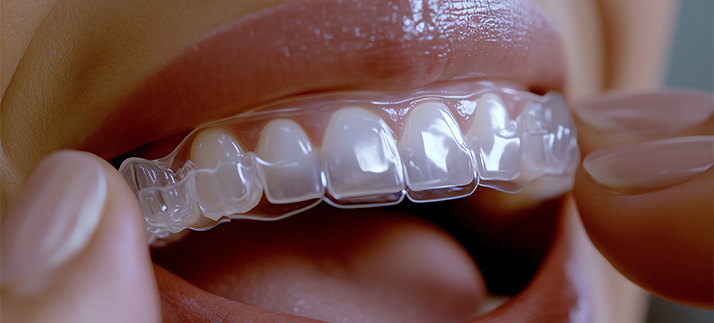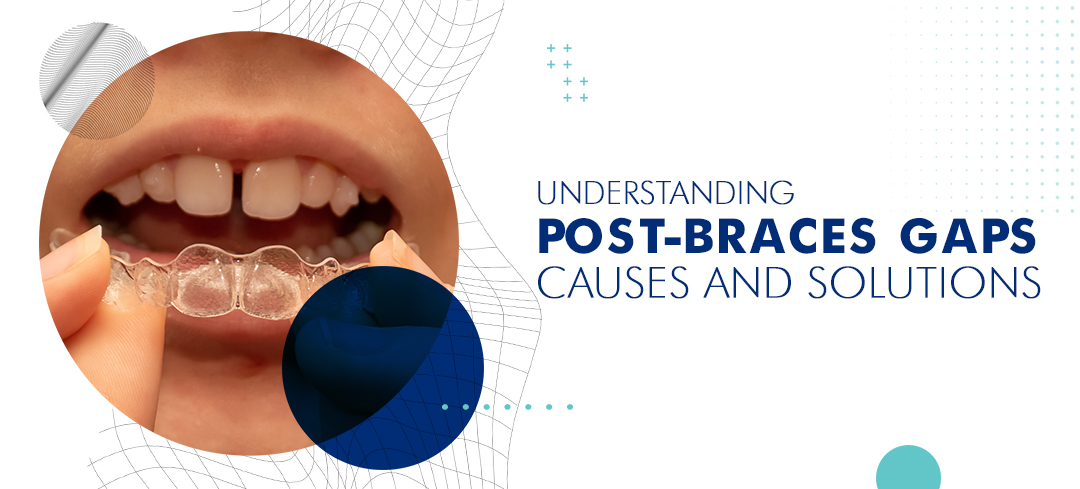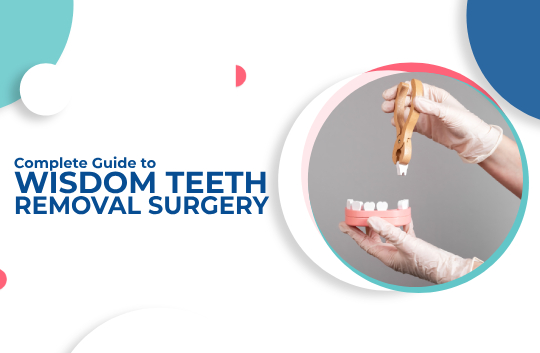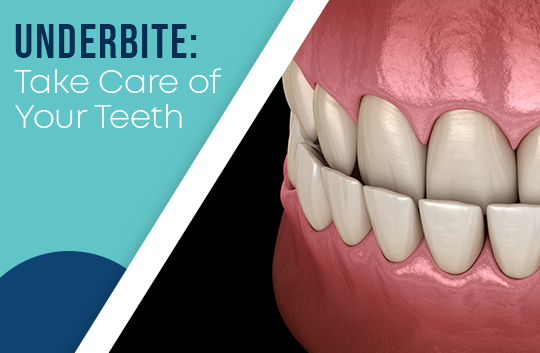

What to Expect Before and After Your Wisdom Teeth Removal
Wisdom teeth, or third molars, usually emerge between 17 and 25 years old. If impacted or causing pain, removal may be necessary. This blog covers the procedure, when to remove the teeth, recovery tips, and essential details to help you understand and prepare for wisdom teeth removal in London.
What are wisdom teeth?
Wisdom teeth are the final set of permanent adult teeth, usually consisting of four in total – 2 in the upper jaw and 2 in the lower. They typically emerge between ages 17 and 25. While about half of the population develops at least one wisdom tooth, some may not develop any. Symptoms of wisdom tooth eruption include jaw and facial pain, gum redness or swelling, and white patches near the molars at the back. These teeth can cause discomfort as they grow, often appearing behind the last set of molars. Their development varies between individuals, and not everyone experiences the same symptoms or complications during their eruption.
Why do you need a wisdom tooth removal?
As wisdom tooth often lead to pain, damage or infection in your surrounding teeth, you must consider if there is a need for extraction to avoid such complications. Here’s why wisdom tooth removal is important:
-
Impacted wisdom teeth
A wisdom tooth does not come in normally and might get stuck in the gums or jawbone and cause pain.
-
Wisdom teeth crowding
The jaw does not have enough space sometimes to accommodate an extra tooth. As a result, the tooth may push against other teeth and end up coming in odd angles. Extraction becomes essential at this stage.
-
Gum disease and cavities
Wisdom teeth are not easily accessible for cleaning or brushing. As a result, they are more likely to trap food particles. This trapped food gradually leads to decay and finally forms cavities. The cavity is inaccessible for treatment and hence requires extraction.
Wisdom Teeth Removal: Procedure
-
Preparation
An oral surgeon identifies your wisdom teeth using X-rays to determine their position. They discuss sedation options, such as local anaesthesia, nitrous oxide, intravenous (IV) sedation, or general anaesthesia. For IV sedation or general anaesthesia, the surgeon provides preparation guidelines, including fasting and ceasing of specific medications. Patients must disclose any kind of ongoing medications, supplements, or vitamins.
-
During the Procedure
Anaesthesia is administered to numb the teeth and gums. The surgeon cuts the gum tissue to access the tooth, removes the tooth, cleans the area to reduce infection risk, and uses sutures to close the wound. Gauze is placed to control bleeding. Most procedures take under an hour, though complex cases may take longer. Relaxing medication may be provided if necessary.
-
Aftercare
Pain, swelling, and minor bleeding are normal after extraction. The oral surgeon gives aftercare instructions to minimise discomfort. Once sedation subsides, patients are allowed to leave the clinic.
Underlying Benefits
By getting wisdom teeth removal, you can enjoy benefits like:
- Prevents cavities
- Prevents bone loss
- Eliminates pain caused by the wisdom tooth
- Minimises jaw damage
- Prevents injury to the adjacent teeth
- Eliminates risks of gum disease
Side Effects of Wisdom Teeth Removal
Wisdom teeth removal is a common procedure but may cause side effects ranging from mild to severe, depending on individual factors and complexity of the surgery.
Mild side effects include:
- Pain and discomfort after surgery, often managed with over-the-counter pain relievers
- Swelling typically peaks within 3 days due to healing
- Bleeding is common in the first 24 hours
- Temporary jaw stiffness, improving as swelling reduces
- A temporary, unusual mouth flavour
Potential severe side effects include:
- Painful exposure of the bone due to dislodged blood clots
- Signs of infection including fever, swelling, or pus
- Rare numbness or a tingling sensation in the tongue, lip, or jaw
Recovery Time and Pain Management
Recovery from wisdom teeth extraction typically takes 1 to 2 weeks, though many return to normal activities within 3 to 5 days. Surgeons provide detailed instructions for managing postoperative discomfort, which varies based on the type of anaesthesia used and individual responses.
Mild to moderate discomfort is common for 3 to 4 days after the surgery. Applying an ice pack on the cheek can reduce pain and swelling. Over-the-counter pain relievers are often sufficient, but stronger medication may be prescribed if bone removal was involved. Following aftercare instructions is essential for a smoother recovery process and to minimise discomfort.
Wisdom Teeth Removal Cost
The wisdom teeth removal cost depends on factors like location of the clinic, expertise of the dentist, complexity of the surgery, type of anaesthesia, and additional services. Insurance may partially or completely cover the expense, so verifying with your provider is essential. Many dentists offer flexible payment plans to ease the financial burden. Choosing a qualified and experienced dentist for the procedure is vital. During the consultation, discuss the cost to obtain a clear and detailed estimate. Understanding these factors can help you prepare financially and ensure a smooth and safe wisdom teeth removal process.
Aftercare Instructions
You must follow the aftercare guidelines as instructed by your dentist to get the best results:
- Take rest at home for about 3 to 5 days
- Use an alcohol-free antibacterial mouthwash to clean the sites of extraction
- Take medicines as prescribed
- Avoid exercise
- Strictly avoid crunchy and hard foods
- Avoid alcoholic and carbonated beverages for a few days
- Avoid heavy, strenuous activities
- Do not use straw while drinking
- Brush and floss regularly the rest of your teeth
- Apply ice pack to reduce swelling
- Apply gauze on the site of extraction
When to see dentist?
You must immediately visit a dentist once you notice signs like:
- Internal traumatic bleeding
- Severe dental pain
- Leakage of fluid or pus from the socket
- Gradual numbness or loss of sensation
- A persistent bad taste in mouth
- High temperature
- Difficulty in swallowing
Summary
Wisdom teeth removal prevents pain, infection, and crowding. Though mildly uncomfortable, proper aftercare ensures recovery and long-term oral health, making the procedure beneficial for a healthier and confident smile. To get wisdom teeth removal in London from expert dentists, contact Dental Clinic London today.
 70 Great Russell St, Holborn, London WC1B 3BN, UK
70 Great Russell St, Holborn, London WC1B 3BN, UK



























